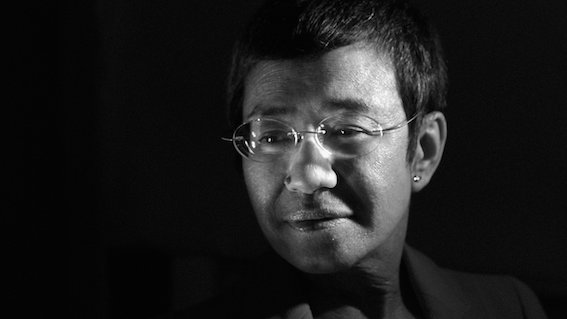
Being at loggerheads with any government entails danger, and even when deemed conscientiously correct to be critical of the ruling state, it is often avoided as it raises the possibility of impairing one’s career. Especially in the field of journalism, it is the duty of the reader to lend power to those standalone voices. The KAIST Herald featured Jamal Khashoggi in last year’s PEOPLES section and this month’s edition wishes to spotlight an individual of similar character.
Co-founding Rappler as its chief executive officer, Maria Ressa is an author and journalist who has come into the spotlight following a recent battle against the Philippine government. Ressa has spent more than 20 years working as a lead investigative reporter in Southeast Asia for CNN and headed the news division of ABS-CBN Philippines. Rappler, which initially started as a venture of only 12 young reporters, has accelerated its publicity in recent years, gaining popularity through social media and expanded as an enterprise of well over 100 journalists. Moreover, Rappler stands as an upright platform that sieves through fake news that swarms Facebook and other media channels; such endeavors were the central reason Maria Ressa was named the Time Person of the Year in 2018.
The publication came under Rodrigo Duterte’s scrutiny in recent years when it started critically reporting on a pro-Duterte online community that was producing fake news and fabricating narrative around Duterte’s presidency. There have been many extrajudicial undertakings that were left unreported, until Rappler started explicitly writing about them; killings, human rights violations, and the country’s war on drugs were all cases that came to light in the global community through Rappler’s disclosures. In response, President Duterte put into motion measures to shut down Rappler. In August 2017, the Philippine Security and Exchange Commission (SEC) began what Ressa calls a six month “fishing expedition”, demanding hundreds of documents. The SEC pushed to revoke Rappler’s journalism license, but fortunately, the case was remanded back to the SEC by the court when it was revealed to have no basis. After that, the government went on to conduct a series of politically motivated investigations, clear efforts to hamper the publication’s operation by burying it under an absurd amount of paperwork.
As of now, Rappler reporters other than Ressa are blacklisted from being present in public affairs — even banned from places where the press briefings take place. Foreign media channels have become increasingly more wary of the Duterte government ever since the arrest of Maria Ressa, and it is evident that the country’s authoritarian pressures would have remained atop the spreading of information in world news, if not for Ressa’s obstinate fight to sustain press freedom.

